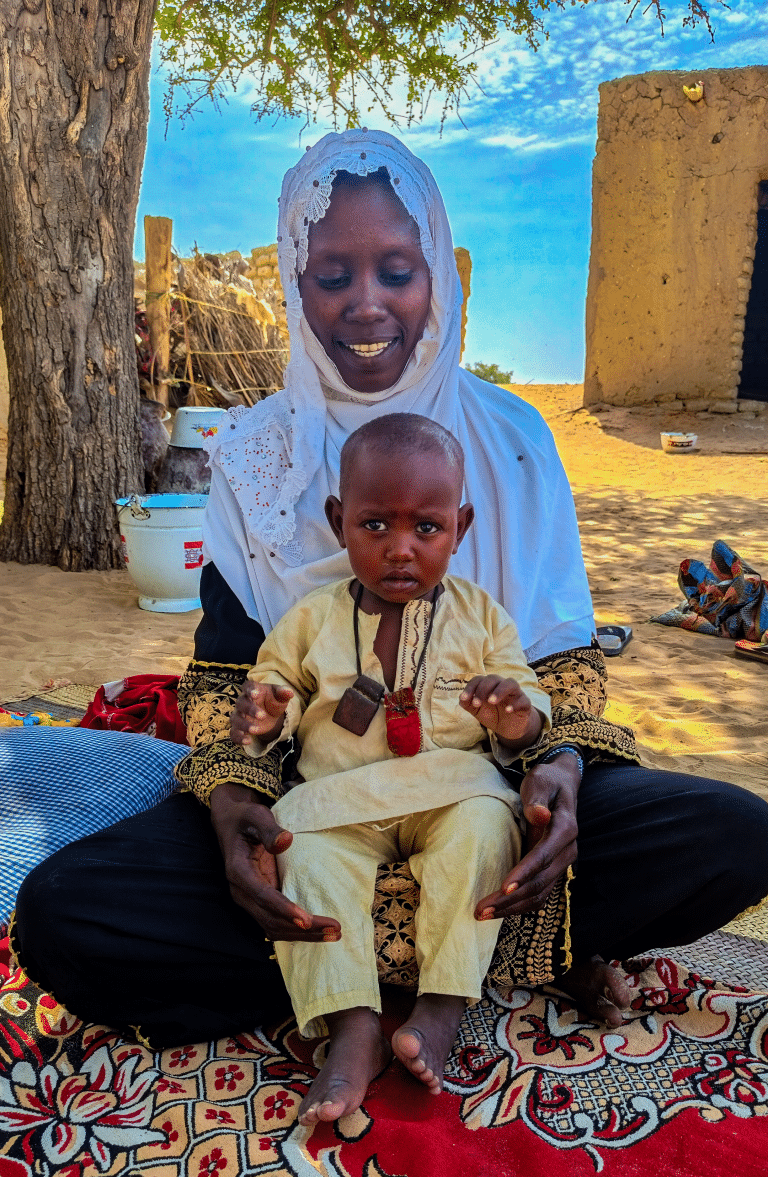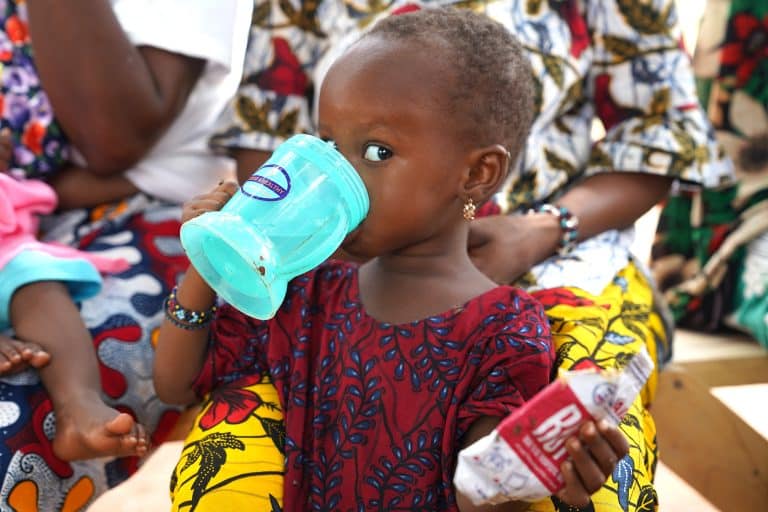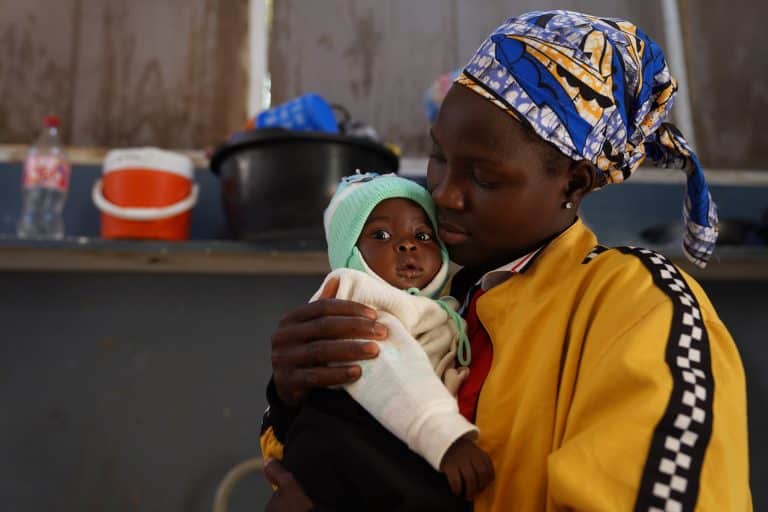As the world continues to focus on the COVID-19 pandemic, the World Health Organisation says that this Ebola outbreak has now become the biggest one ever recorded in the western province of Equateur. It continues to grow at an alarming rate, currently affecting seven health zones. Sixty-seven people have been infected, as of July 27, and 31 people have lost their lives.
To reduce the mortality rate among patients infected with the virus, limit the spread of the outbreak and prevent the transmission of the Ebola virus among health workers, ALIMA sent an emergency rapid response team to Mbandaka, the capital of Equateur province* – the most-affected area at present. Coming from the provinces of North Kivu and Ituri, the team was on the front line in the fight against Ebola in the east of the country, where the 10th Ebola epidemic was recently declared over.
These doctors, nurses, logisticians and Water, Hygiene and Sanitation experts, set up a 10-bed Integrated Transit Center (ITC), which allows for patients to be cared for close to home. Through collaboration with a network of more than 280 health workers and community leaders, the emergency team also established a surveillance system in the community of Mbandaka to detect people potentially affected by the virus as early as possible.
“At the end of the Ebola outbreak in Eastern Congo, we had experienced teams in the country, ready to be deployed as quickly as possible to support the response in Equateur,” said Nicolas Mouly, ALIMA’s Program Manager for Emergency Response and Country Openings. “What remains important is to provide care to the patients, while keeping in mind the lessons learned during past outbreaks. To reduce the mortality we should work with the community to deliver high standards of care, specific therapeutics and reduce the time between the onset of symptoms and admission to a treatment center.”
The ITC, which was first developed and implemented by ALIMA in eastern DRC, integrates a patient triage area within existing health structures, which are already known and trusted by communities. Suspected patients receive care as they wait for their test results. During this time, health workers prepare patients and their families psychologically for the treatment experience they will have, should they test positive for the virus and be referred to an Ebola Treatment Center (ETC). Unlike ETC’s which many people are initially afraid to go to, ITCs help foster community acceptance, and reduce the time between the onset of symptoms and admission for treatment. Since the transit center opened on July 17, 16 patients have received care, including two confirmed cases, as of July 28.
To combat Ebola in Equateur Province, ALIMA also supports community awareness campaigns, helps with community surveillance and trains local staff. Additionally, the response is supported with the donation of supplies, such as Personal Protective Equipment, medicines, and other logistical and medical materials.
—
Cover photo: John Wessels / ALIMA
*ALIMA previously responded to an outbreak of Ebola in Equateur province, in which 54 people were infected, between May and July 2018.





